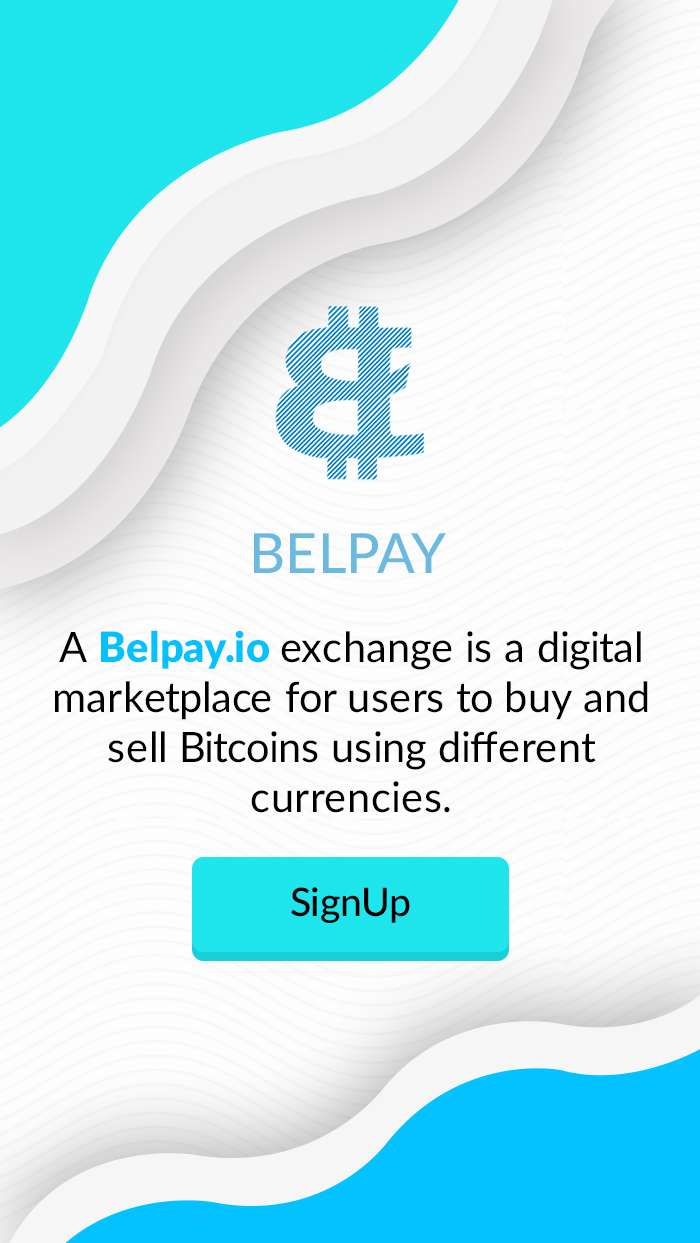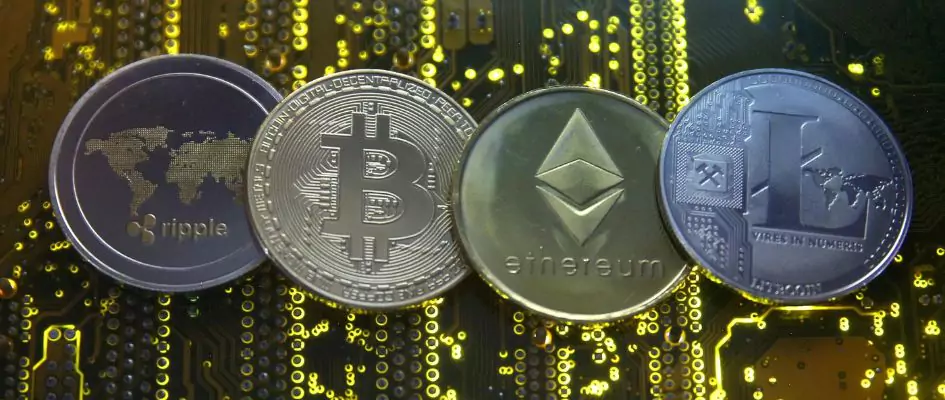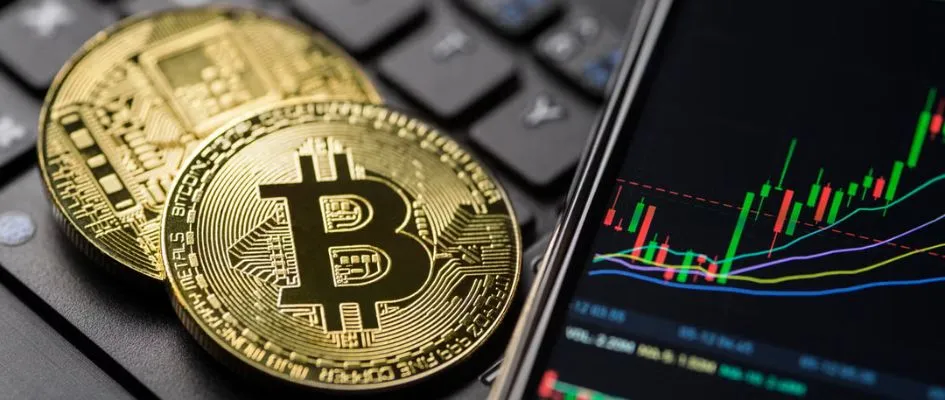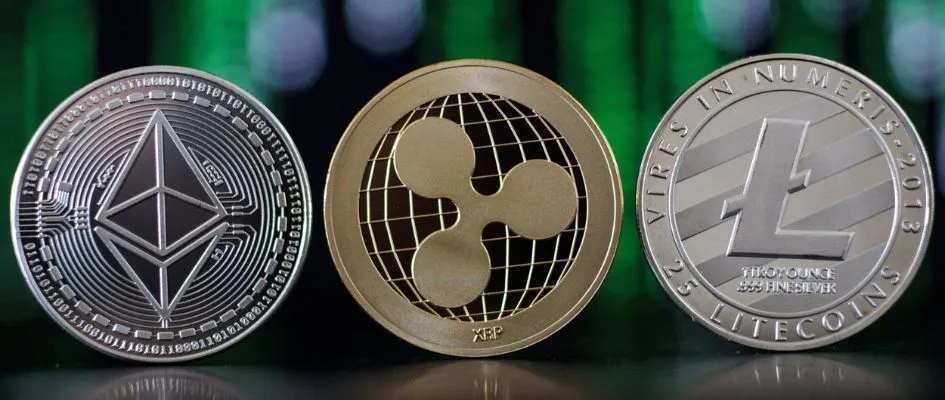Latest News
A report of a current event, knowledge, information.

Nov 05,2020
Indian bank to offer crypto services across its 34 branches
Indian bank United Multistate Credit Co. Usable Society is wanting to grow its financial administrations to cryptographic forms of money and digital currency items.As a team with the crypto banking specialist organization Cashaa, United has set up a joint endeavor named UNICAS that expects to give both online crypto banking administrations and stroll in administrations over its 34 actual branches in northern India.This move by United and Cashaa comes in the midst of India's questionable crypto guidelines. While the Supreme Court of India brought down the crypto banking boycott set up by the Reserve Bank of India in March, most banks are as yet doubtful of offering types of assistance to crypto organizations and people managing in computerized monetary standards.UNICAS will permit United record holders to incorporate digital money wallets legitimately with their records. Clients will likewise have the option to straightforwardly purchase Bitcoin (BTC), Ether (ETH), Ripple (XRP) and Cashaa (CAS) by paying either in real money or legitimately from their record. At the point when UNICAS dispatches, United will likewise permit its clients to take out credits against digital forms of money.Digital forms of money have seen critical appropriation in India since the lockdown began in March. Numerous Indian digital money trades detailed a spike in their crypto exchanging volume to the tune of 200% to 400%.Kumar Gaurav, the CEO of Cashaa, said that the expanded revenue in digital currencies was a significant explanation behind them to coordinate cryptos into the inheritance banking framework. He said that UNICAS will help disperse solid data about digital currencies to the standard Indian populace and help further the reception of cryptos in India. He likewise said that the expansion of cryptographic money administrations to a customary bank will assist India with receiving a more digitized installment framework.
Read More

Nov 05,2020
Brazil is prepping an IPO for its state-run digital bank
Brazil's Minister of Economy, Paulo Guedes, said during a web event this Tuesday that Brazil "is about to" join the Organization for Economic Cooperation and Development (OECD) which the Brazilian government has plans to launch a public offering of shares (IPO) for the newly-created digital bank of Caixa Econômica Federal.Caixa Econômica Federal created a digital bank during the pandemic to assist the govt send aid to around 64 million Brazilians. Guedes’ comments came during the Milken Institute Global Conference, during which he said that the financial institution is functioning to draw in new investors for the country.One of the minister’s bets is on the digital bank recently created by the state-owned Caixa Econômica Federal, which is a component of Guedes's privatization plans.During the pandemic, the govt spent heavily to combat the economic effects of COVID-19. the most important a part of that fiscal support was emergency payments for low-income Brazilians, with Caixa playing a central role in identifying beneficiaries and paying benefits.The initiative, Guedes assured the audience, generated a digital bank with 64 million users, opening up market opportunities.According to Reuters, Guedes says that Caixa's customer base has led to plans for an IPO for the digital bank, which wacreated "in six months" to pay government benefits:According to Brazilian website InfoMoney, Guedes also said that the financial institution will work to “guarantee†less risks to foreign investors:Guedes also said that Brazil has already fulfilled two thirds of the wants to be accepted within the Organisation for Economic Co-operation and Development (OECD) and will definitely enter the organization "in one year".Among the benchmarks that Brazil must meet to enter the OECD are transparency, regulation, combating corruption and therefore the establishment of acquisition protocols.
Read More

Nov 05,2020
Bitcoin becoming less-risky as an investment, Novogratz says
Bitcoin (BTC) has gained significant notoriety within the decade since its 2009 launch. Big mainstream players like MicroStrategy have recently begun to take a position large sums of cash into the asset, normalizing its viability as an investment for a few . Mike Novogratz, CEO of Galaxy Digital, said Bitcoin is now a clear financial play."On a risk-adjusted basis, BTC is a neater bet today than it's ever been," Novogratz said in an Oct. 27 tweet. "It’s being de-risked daily."Cointelegraph reached bent Novogratz for extra details, but received no response as of press time. this text are going to be updated accordingly should a response are available ."Adjusted by its volatility, Bitcoin has presented the simplest return in one or two years against all other asset classes," Cointelegraph markets contributor Marcel Pechman said when asked to weigh in on Novogratz tweet. "Few investors expect gold to rally 60%, but it never went below -8% therefore the Sharpe index adjusts returns supported volatility.â€Although MicroStrategy bought quite $400 million worth of BTC in recent months, it's not the sole mainstream giant to hitch the party. Square, headed up by Twitter CEO Jack Dorsey, purchased $50 million of Bitcoin recently, publicized on Oct. 8. After disclosing his BTC holdings in May 2020, billionaire Paul Tudor Jones compared the asset to an investment in Apple before its boom.With its mainstream involvement, including the normal trading products being built around it, Bitcoin is far easier to realize financial exposure to today than it once was. Though it had been originally designed as an alternate sort of currency, Bitcoin has gained prevalence more as a store useful and investment option in recent years."I don't think Bitcoin goes to be used as a transactional currency any time within the next five years," Novogratz said in an interview with Bloomberg TV, posted on Oct. 23. "Bitcoin is getting used as a store useful ," he added. "People are worried that the central banks round the world are debasing fiat currencies."The U.S. government, for instance , printed a huge amount of its national currency in 2020 amid the COVID-19 pandemic; and action that would ultimately decrease the worth of the American dollar as an entire .
Read More

Nov 05,2020
Anheuser-Busch considers integrating blockchain further into its beer production line
Anheuser-Busch InBev, the parent entity of Budweiser, Corona and lots of other beer brands, recently began to pilot a platform which lets end-customers track their malt beverages on the blockchain. this is often not the primary instance of the company's blockchain interest. they need previously unveiled variety of blockchain initiatives, including a slot machine ID verification system and document management protocols supported the technology.“For the primary time in our European operations, this project will create a totally transparent, indirect supply network all the thanks to the top consumer,†Pieter Bruyland, CIO of AB InBev's European operations, commented in an Oct. 26 public statement.The new pilot program will begin in 2021, consistent with the statement. employing a QR code, France-based Leffe beer customers are going to be ready to see the whole supply chain journey of the barley used within each pack of beer. Blockchain company SettleMint built the initiative's platform.Ab InBev has investigated variety of blockchain applications over the past year approximately . One such initiative used blockchain to verify the age of slot machine users, allowing teller-less alcohol purchases. In early 2020, the entity also ushered in blockchain for its dealings with African ingredient suppliers, easing data and knowledge management.A majority of the people that grow AB InBev's ingredients, including international farmers, interact directly with the enormous , the statement said. The fresh blockchain initiative "is designed for the remaining 40% of its indirect farmers, many of whom are located in European countries like France, Germany, and therefore the UK."Bruyland explained, “By connecting players across the beer supply chain – from farmers, malting cooperatives, breweries, warehouses and carriers – to at least one secure, decentralized platform we will increase traceability and gather data which will help us to still grow the best ingredients for our beers sustainably.â€Ab InBev isn't the primary ale provider to delve into blockchain. Heineken capitalized on the technology's supply chain potential in early 2019. variety of other mainstream companies have also looked into blockchain for supply chain management, including Walmart.
Read More
Related CryptoCurrencies

Recent News

Layer 2 Blockchain & The Future of Decentralized Ecosystems
February 19, 2026
WhiteBitcoin (WBTC) — Official Christmas & New Year Update
December 25, 2025
What Are VIP Web3 Wallet?
May 30, 2024
What Is Web3 and Why Does It Matter?
May 30, 2024© 2026 WBTC Price All Rights Reserved.

-min.jpg)
 (1)-min.jpg)
-min.jpg)

 White Bitcoin
White Bitcoin Bitcoin
Bitcoin Bitcoin Cash
Bitcoin Cash Bitcoin SV
Bitcoin SV Bitcoin Gold
Bitcoin Gold



.png)
.webp)
.webp)



